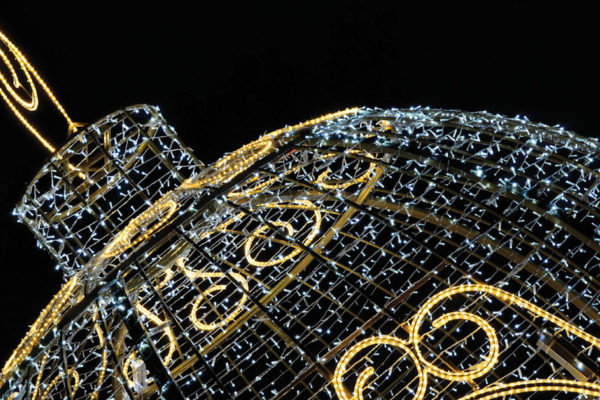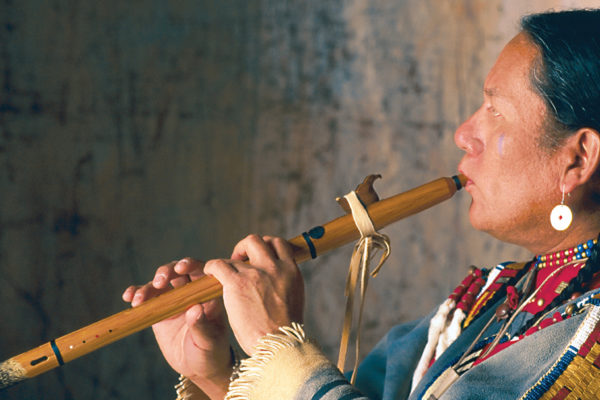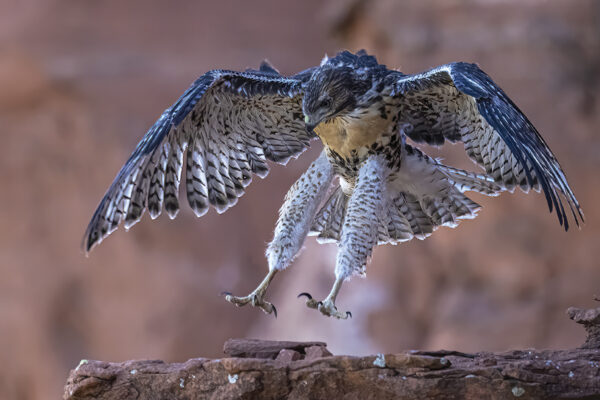Continued (page 2 of 3)
You filmed in 2015?
Yeah.
Can you disclose where your parts were filmed?
North Bend, Washington. It’s a great town. If you followed the latitude line straight across the mountains and got into Montana, that’s where David was raised. His dad was an engineer and scientist with the forest service, so David was always in the forest. Talk about Log Ladies and shit [laughs]. That’s probably something he saw all the time out there.
Where will you watch the premiere?
I heard there’s going to be a screening, but I don’t know. It’s going to be hard to engage again. I put that behind me. I have an agent I contacted to handle the deal and make sure it was kosher. But I might just stay home and watch it. I’ll be really curious about the storyline. We weren’t given a script. What we were given was redacted, clipped. I’d never filmed anything like that before. When we met for the Entertainment Weekly photo shoot [ed. the March 31 issue of the magazine featured a cover story on Twin Peaks], it was a big, fussy, grand affair. It was my first chance to see Kyle and some of the other cast members. And we didn’t discuss [Twin Peaks] at all.
Back to the original series. When you were filming in the early ’90s, did you have any inclination Twin Peaks was going to become a cult phenomenon and have such a huge influence on television and film?
In reading the scripts at the time, I thought, Wow. Are you really going to do this, David? It was so far reaching at the time. The only thing I can say is that I could tell right away there was a passion with the viewership that I hadn’t ever seen. I would overhear conversations about Twin Peaks with such enthusiasm and delight. People enjoyed talking about what they saw the night before, so I haven’t been surprised at the fan base. Carlton Cuse, who’s the developer of Bates Motel, which is a really quality show that reminds me of Twin Peaks, says he loved Twin Peaks. He said without Twin Peaks, Bates Motel would have never happened. Then there’s [the television series] Atlanta, and I’ve heard them say how much they love Twin Peaks. These are current things at opposite ends of the spectrum.
Was Twin Peaks the height of your career?
I would say now that I’ve done the revival series, yes. There was a lot about working on Broadway that I loved – a lot of groundbreaking stuff that I’m real proud of. But in terms of movies and television, this was so big because it was so far out there. And I love this character. I love Big Ed.
Why?
For one, he’s not judgmental. In the new show, my hair is shaved all the way around except for some hair on top – really current. Justin Timberlake was wearing the same kind of haircut. I’m giving away something I probably shouldn’t [laughs]. So he’s current and hip, but he’s in the middle of nowhere. All the kids trust him. If they have a problem, they go to Big Ed. Again, he’s not judgmental, and he’s easy going, cool. How can you not love a character like that? And a real pretty girl loves him, so that’s great.
It seems like many of the characters are nonjudgmental. The whole show has this interesting level of ambiguity, even in terms of what era it takes place.
David was that way with the direction. I think he delighted in surprises – happy accidents. He would set up situations. I can’t recall anything specific, but that was one of the things that I found remarkable about him. He’d be inspired at the last moment. If you were entering a scene, he felt like you needed an obstacle, so he’d move the table in the way. He would create spontaneity – an unusual path to a scene. I’ve never worked with a director like that. I think that’s what shows in Twin Peaks, those magical moments. A character goes through a moment that seems a little weird, but it’s so revealing character wise.



